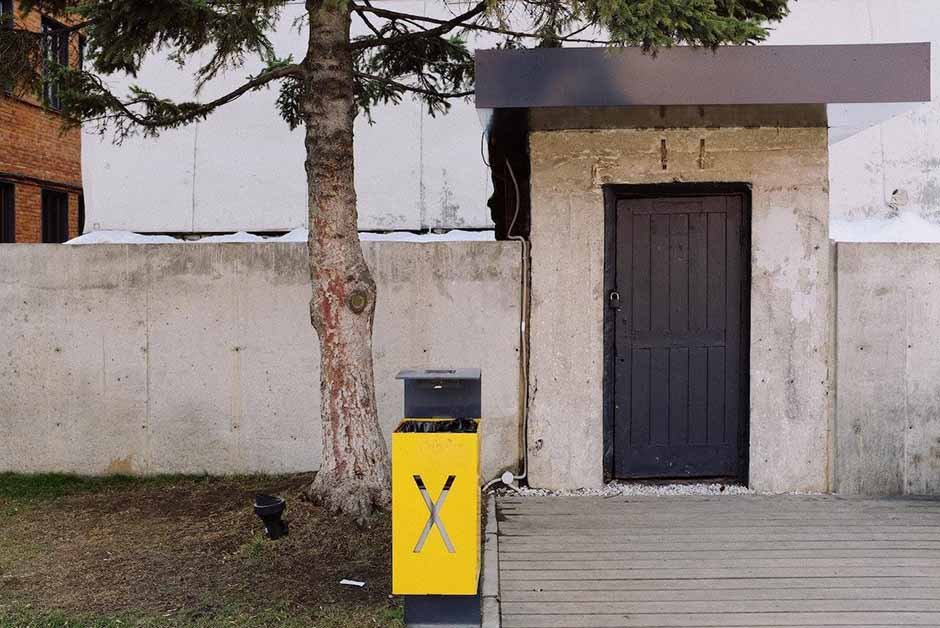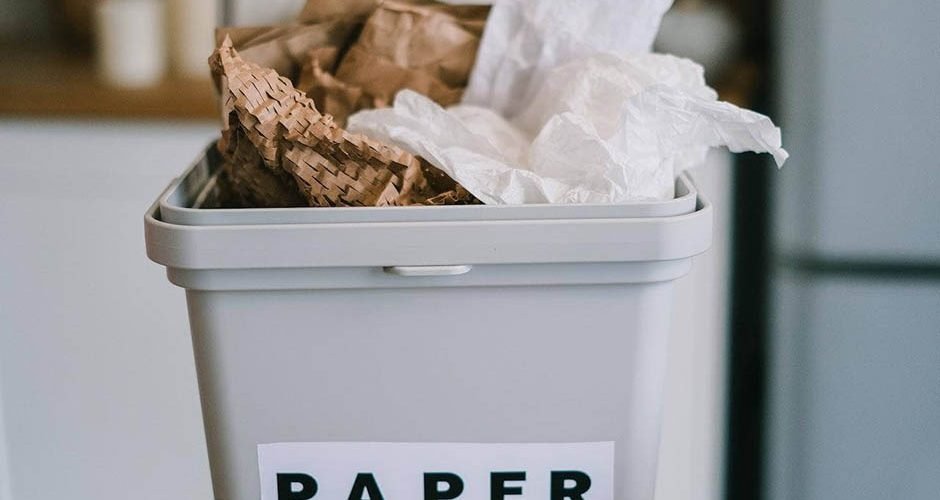Rubbish and recycling bins are essential to any household, helping keep our homes and communities clean and tidy. However, these bins can quickly become a breeding ground for bacteria and unpleasant odours, particularly during warmer months. Not only is this unhygienic and unsightly, but it can also attract pests and insects to your home.
Fortunately, you can take several easy steps to keep your rubbish and recycling bins clean and odour-free. In this article, we’ll outline six simple yet effective strategies for maintaining your rubbish bins, ensuring a more pleasant and healthy living environment for you and your family.
Let’s get started!
Table of Contents
6 Easy Steps to Clean and Deodorize Your Rubbish And Recycling Bins
Do you struggle with unpleasant smells and bacteria in your rubbish and recycling bins? Follow these six easy steps to keep them clean and fresh.
1. Empty Your Bins Regularly
Regularly emptying your recycling bin is essential to prevent the buildup of unpleasant odours and bacteria. As recyclable items often contain organic matter, such as food residue or liquids, leaving them in the bin for an extended period can quickly grow bacteria and produce unpleasant smells.
Emptying your recycling bin at least once a week is recommended to maintain a hygienic and odour-free environment.
2. Rinse Your Bins With Water
After emptying rubbish and recycling bins, it’s important to rinse them to keep them clean and free of odour. Garbage can hold onto microbes and extra deposits that can cause terrible stenches, draw in vermin, and even lead to medical problems.
The likelihood of odour and bacteria buildup is decreased by rinsing the garbage can with water, which assists in removing any remaining dirt or debris. Ensure you rinse your garbage can after each use to keep your environment clean and hygienic.
3. Use a Cleaning Solution
When you clean your trash bin with the right solution, it helps to sanitize and deodorize it, making it cleaner and more pleasant. A great way to eliminate odours and bacteria from the bin is to mix water and vinegar.
To do this, spray the solution inside the bin and let it sit for a few moments, then wash it with water. Using a cleaning solution on a regular basis can help keep the rubbish and recycling bin clean and free of odours.
4. Scrub With a Brush
You’ll require a brush or wipe to scour away intense stains to clean your recycling bin successfully. A soft brush for plastic bins and a stiff brush for metal bins may be required for different types of recycling bins.
Make sure to involve a cleaning arrangement and proper brush for your container’s material, and scour thoroughly to eliminate any waiting smells or microbes. Before using the bin again, clean it by rinsing it and letting it air dry.
5. Dry Your Bins
Maintaining a clean and hygienic environment necessitates drying your bins and trash cans. After cleaning them, it’s crucial to dry them to prevent bacteria and mould growth. You can let them air dry or use a towel.
Additionally, keeping your bins dry can also prevent unpleasant odours and make them more comfortable to handle. To avoid potential health hazards, thoroughly dry your rubbish and recycling bins before using them again.
6. Bins Should Be Kept Away From Living Areas
Keep your recycling and trash bins away from living areas to reduce odours because decaying organic matter smells unpleasant, and this is especially important if you have a compost bin.
Store your compost bin outside or in a well-ventilated area to stop odours from spreading throughout your house. By doing this, your living areas will remain fresh and clean.

Conclusion
Maintaining clean and odour-free rubbish and recycling bins is essential for a healthy and hygienic environment. Following the six simple steps outlined in this article, you can ensure that your bins remain free from bacteria, mould, and unpleasant odours.
From regularly cleaning and disinfecting your bins to properly disposing of waste, these steps are easy to follow and can make a significant difference in maintaining a clean and odour-free home. By implementing these practices, you’ll improve the quality of your living environment and contribute to a more sustainable future.





